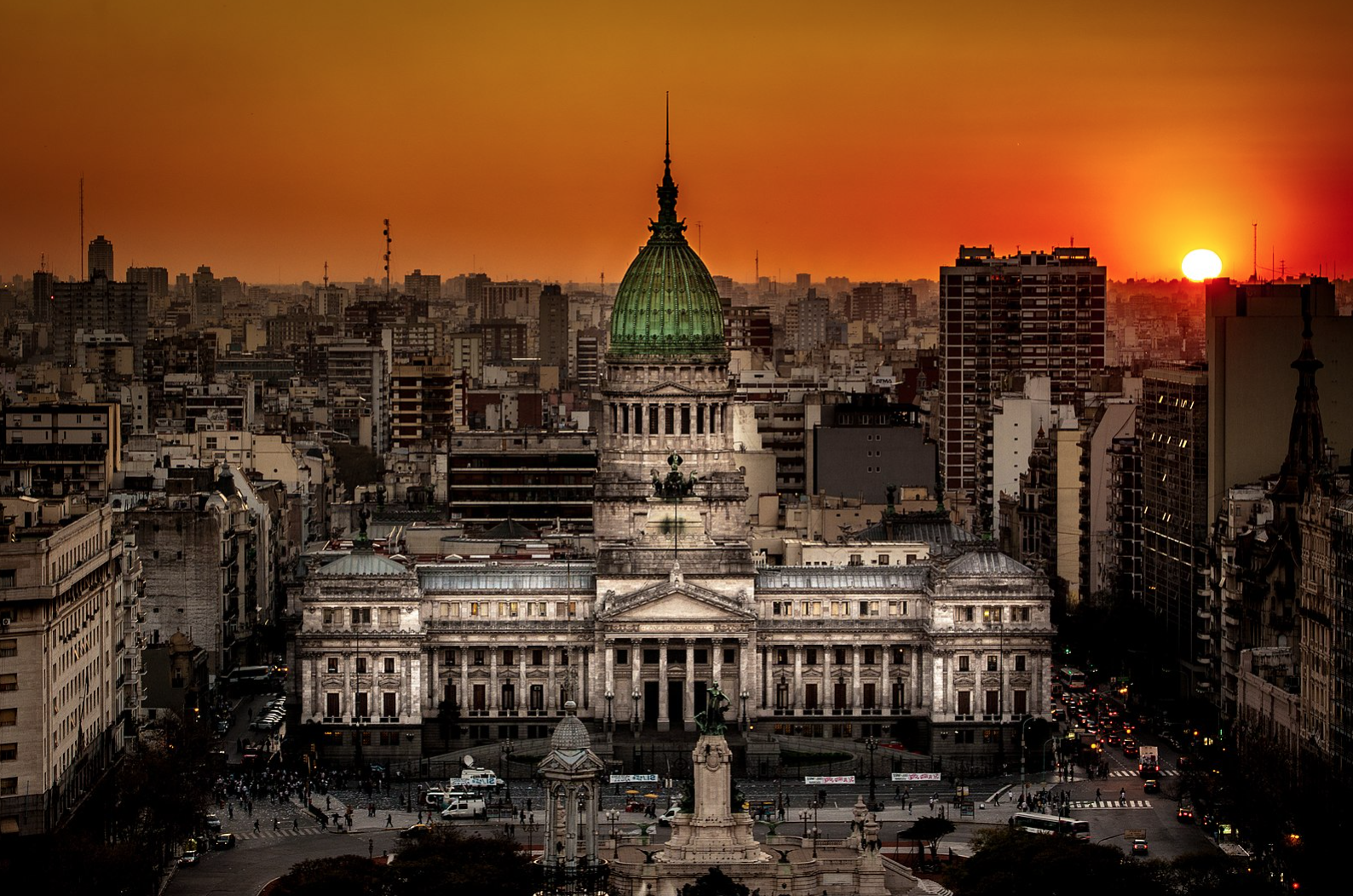It is clear that the world is going through a difficult time in many respects. From the rule of law ideal to human rights, the feeling is that there is a greater effort to maintain what we once had rather than achieve progress. The setbacks, therefore, are more present and clear than the “dream” of a more harmonious and progressive 21st century.
This context also affects democracy not only as a concept but also as a value. Groups that in essence cannot be precisely categorized as democrats are disputing over its definition. The mere use of the word “democracy” or the adjective “democratic” may indicate another meaning when analyzed more closely. Bearing in mind that in post-truth times there are various and constant attempts to shape the democratic ideal to serve other purposes that are not democratic at all.
Here, denialism plays a key role. James R. Schlesinger, an American economist, and politician, said that we all have the right to our own opinions, but not to our own version of the facts. Contrary to what one might think, a lie repeated many times does not become the truth.
It is here that one can also think of the role of ideologies with respect to the decline of democracy, since by disputing the concept, the value and democratic essence of politics is lost. Right and left come into direct conflict in an attempt to appropriate the quality of being “democratic”, but fail in the true defense of these values by not condemning the attacks on democracy that have been intensifying in the world.
The selectivity in labeling these attacks as anti-democratic and based on ideological principles in politics has caused collateral effects that delegitimize political forces before society, which is no longer believing in the democratic ideals that have promised (at some point in history) peace, equality, and development of peoples.
In addition, we see that essential human rights have also been ideologized and discussed, which has created situations, even somewhat contradictory, as in the case of freedom of expression, demonstration, and other freedoms. Liberalism, therefore, no longer seems to be well understood in this dubious context that confuses it with everything but what it really is. On the other hand, equality has also been the object of dubious interpretations that disqualify it as such, given that after the supposed consolidation of the concept of material equality, nostalgic currents of its mere formality seem to emerge and have preached a world in which “we are all equal” when this is clearly not the case.
In this debate, there is also the strategy of using mechanisms that claim to be democratic for different purposes, such as popular consultations legitimized only by a procedure. Here, parliaments that support governments have a primary function of monopolizing a discourse that purports to be democratic, but which does not pass a simple integrity test. Electoral processes and referendums that culminate in the desired result before they are even over, keeping “things as they are” for a time that is not known whether indefinite or not, have become more common than they should be.
However, it is worth mentioning that even in the use of democratic mechanisms of consultation, when there is still space for manifestation on the side of society, these moments have become opportunities for the expression of social discontent in the face of power. The low participation rates, which sometimes do not even reach double digits, demonstrate the fractures exposed in a world in conflict.
And referring to conflict, it is also necessary to mention the case of violent electoral processes that do not end with the results announcements. In different contexts, we have lost the ability to accept defeat, making elections practically endless and resorting to different tools to overcome or eliminate the winning political force. Important channels of power control are misused to obtain a different result from the ballot box, which creates a “third round” that is often offensive to democracy but that is not condemned by its political allies.
Democracy cannot be the convenience of friends or the mere ideological convergence of groups. It must not be exalted by exception but must be the most essential matter in our lives. Democratic practice must be nurtured in the most varied social contexts, without being limited to formal institutional politics. Acceptance of democratic values must guide the example of the authorities, even when they question their political relations.
Democracy must be defended even when we do not like its results. That is also why it must be defended. It is entirely possible to defend a concept of democracy that withstands the attacks it has suffered recently. Democratic resilience shows us that all is not lost even in this crisis. And that assuming conflict as the only way of participation can lead us to a path with no turning back as a society.
It may seem Utopian, but in a troubled world, the defense of democracy makes possible the return of prosperous times for human rights. Therefore, we must be intransigent with democratic values, not be selective in their defense and not accept the selectivity of governments and authorities. We must truly defend democracy, no matter who it hurts. What is preached in this text may seem obvious, but in these times, we must also state (and defend) the obvious.
*Translated from Spanish by Janaína Ruviaro da Silva












